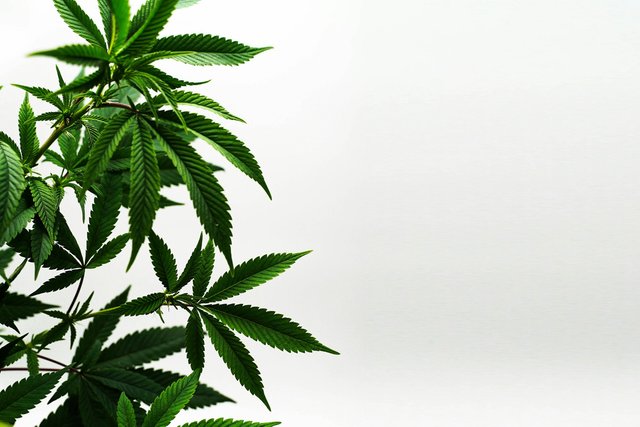
In the constantly shifting realm of wellness offerings, CBD (cannabidiol) has unquestionably captured the limelight as a holistic solution for a variety of health concerns. However, have you ever come across CBDA (Cannabidiolic acid) oil and pondered its distinguishing features among the ranks of wellness champions? Within the confines of this article, we shall embark on a voyage into the fascinating universe of CBDA versus CBD oil. We shall delve deep, unveil their individual strengths, and guide you in discerning which one harmonizes most effectively with your wellness objectives.
Is CBD Identical to CBDA?
Not quite! While they both hail from the same cannabis family tree, these two characters take distinct paths in terms of their chemistry and their influence on your body. CBD, for instance, boasts a stellar reputation for its versatile range of potential benefits, including anxiety relief, pain management, and even lending a helping hand in the battle against seizures. On the flip side, CBDA steps into the scene with its own set of superpowers, potentially offering relief from nausea and enhancing the radiant glow of your skin.
What's the Difference Between CBD and CBDA?
Both CBD and CBDA originate from the cannabis plant. However, they boast distinct chemical structures and characteristics. CBD typically emerges in mature cannabis plants after they undergo a process called decarboxylation. This transformation entails heating CBDA, which causes it to shed a carboxyl group and change into CBD.
On the flip side, CBDA, which is CBD's acidic version, is mostly found raw in the cannabis plants. What's intriguing is that CBDA doesn't quite interact with the body's endocannabinoid system like CBD does, and that leads to some different outcomes.
Discovering the CBDA Benefits
While CBD has garnered extensive research and attention, CBDA, though less studied, shows promise in several areas. One intriguing benefit of CBDA is its potential to combat nausea; users have reported that CBDA helps them alleviate feelings of nausea and vomiting. This makes it a possible remedy for those grappling with motion sickness or the nausea associated with chemotherapy. Additionally, CBDA's antimicrobial properties could make it a valuable addition to skincare products, aiding in the battle against acne and various skin.
Exploring CBDA Side Effects
When it comes to side effects, CBDA seems to have a pretty smooth sailing-reputation. But here's the twist: since CBDA research is still in its baby steps, there could be some hidden surprises waiting to pop up, like unexpected side effects or even some drama with your current medications. So, it's a smart move to have a heart-to-heart with a healthcare pro before you incorporate CBDA into your wellness party, especially if you've got some health issues or you're already taking some medication.
Choosing between CBD and CBDA
Choosing between CBD and CBDA for your wellness journey ultimately depends on your specific health requirements and personal preferences. CBD, with its extensive research background, is the favored choice for many individuals. However, if you're in pursuit of a natural remedy for issues like nausea or inflammation, it's worth giving CBDA some serious thought.
Conclusion
Despite their shared potential health benefits, CBD and CBDA are distinct compounds, each with its unique characteristics. CBD has earned widespread recognition for its therapeutic potential, while CBDA is gaining its own spotlight for its specialized advantages. When it comes to determining which product should find its way into your wellness routine, it's wise to consult a healthcare professional and do your homework for a well-informed decision. Whether you opt for CBDA or CBD oil to address your needs, both can play significant roles in enriching your wellness journey.